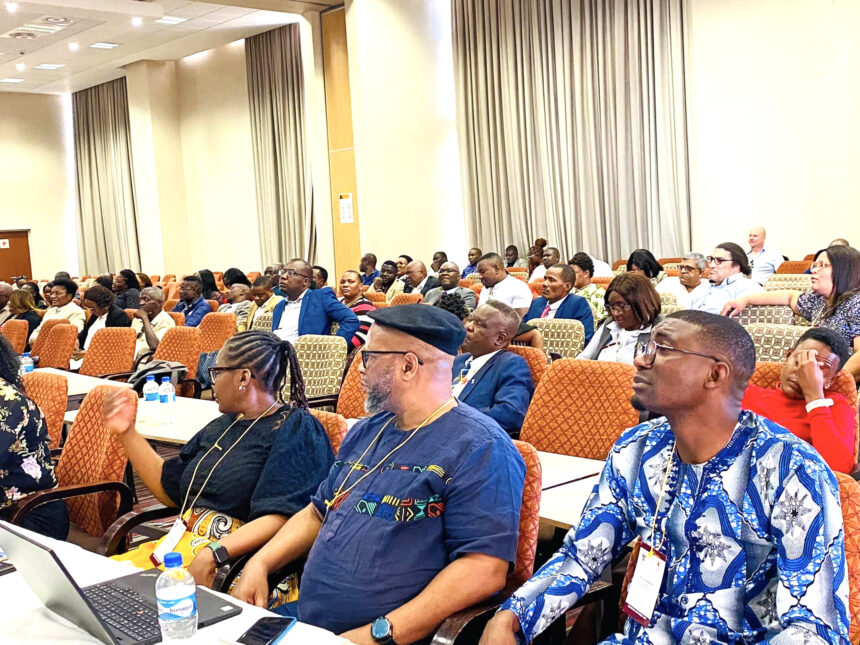Iuze Mukube
Leading academics, decision-makers and various stakeholders convened for the University of Namibia’s biannual education conference, which took place for three days at the university’s main campus and concluded yesterday.
The conference, held under the theme ‘Fostering Innovative Skills-Based Education in the 21st Century for a Sustainable Future’, focused on transforming, changing and forming the educational curriculum in Namibia which will bridge the gap between education and technological advancement.
Unam pro-vice chancellor of academic affairs Frednand Gideon stated there is a need to transform the higher education curriculum to bridge the gap between higher education provisions, and the competencies or skills demanded by the world of work.
“The growing skills mismatch and shortages of the required skills and competencies have provided the impetus to transform higher education curriculum in order to meet the needs of the ever-changing and complex 21st-century society.
“Transformation of higher education curriculum entails not only upskilling and reskilling the current labour force more quickly, but also producing new graduates with the necessary competencies and skills required by the labour market and society in general,” he added.
Gideon emphasised that this higher education curriculum transformation will entail that higher education institutions intensify their contacts with the world of work through processes such as stakeholder consultations to identify the current skills and competencies demanded by the industry.
“Maintaining closer contacts with industry or the world of work will ensure that higher education can identify core generic skills or competencies that are key to job performance. These core competencies or generic skills are to be offered to all higher education students, regardless of their fields of specialisation,” he said.
Gideon continued: “One common integrative pedagogical approach that can be adopted as part of curriculum transformation is that of cooperative work-integrated education (CWIE) which is an approach that seeks to bring higher education learning closer to the skills’ expectations of industry.”
Through this, higher education students get to experience what the demands of the world of work are in terms of the expected skills and competencies.
A University of Missouri Adult Education professor, Paulette Isaac-Savage, said this is the time of change because new technologies are impacting the way educators teach; for instance, artificial intelligence (AI) is imbued in education, so it’s either you get on the AI train, or get left behind.
“If we remain the same, we do the children and adults we teach and train a disservice if we do not make some changes to prepare them for a sustainable future. That may mean stepping out of our comfort zone and shaking things up,” she said.
Isaac-Savage encouraged all to get ready to make some changes so we can foster innovative, skills-based education in the 21st century for a sustainable future. –mukubeiuze@gmail.com


